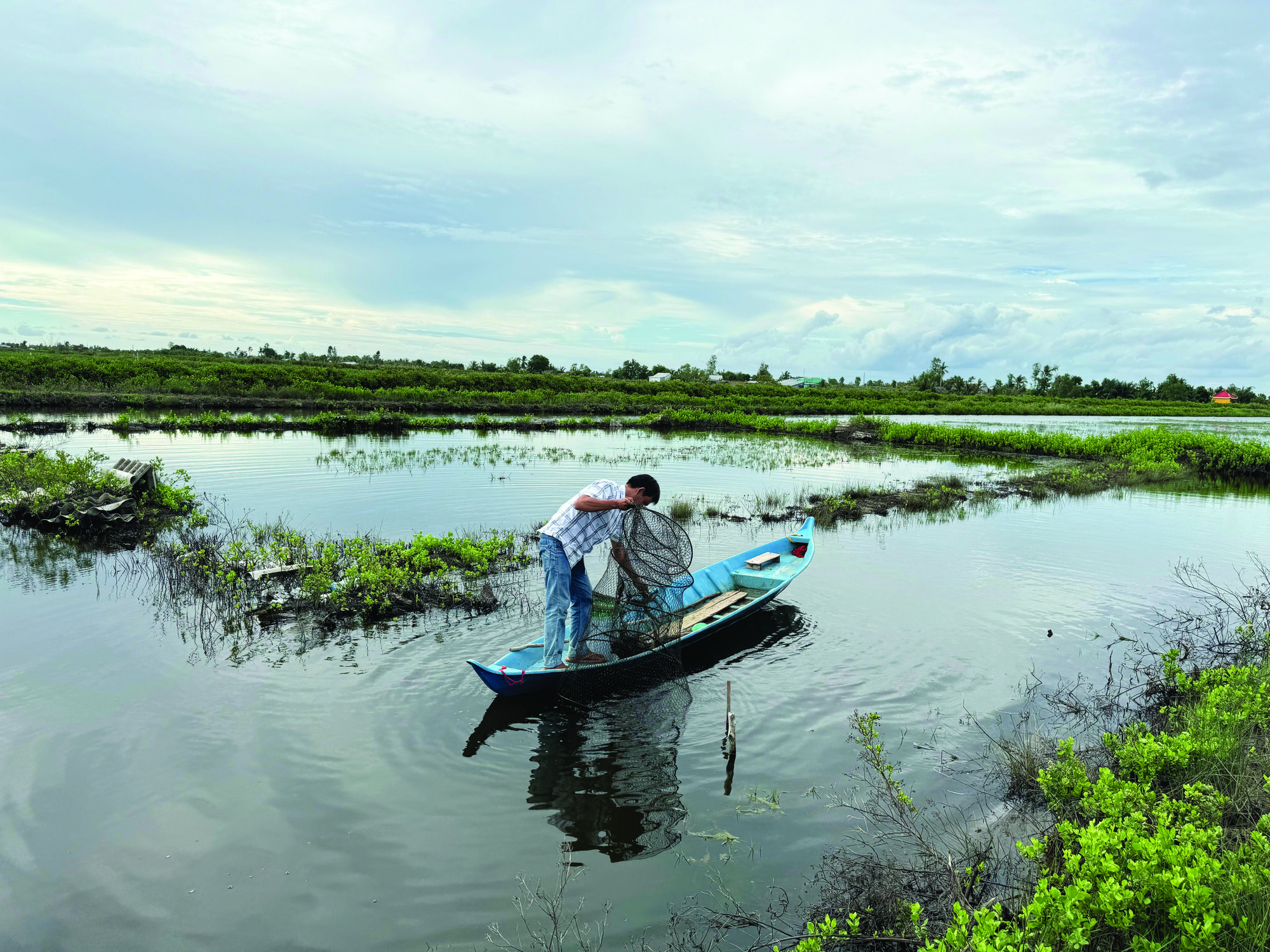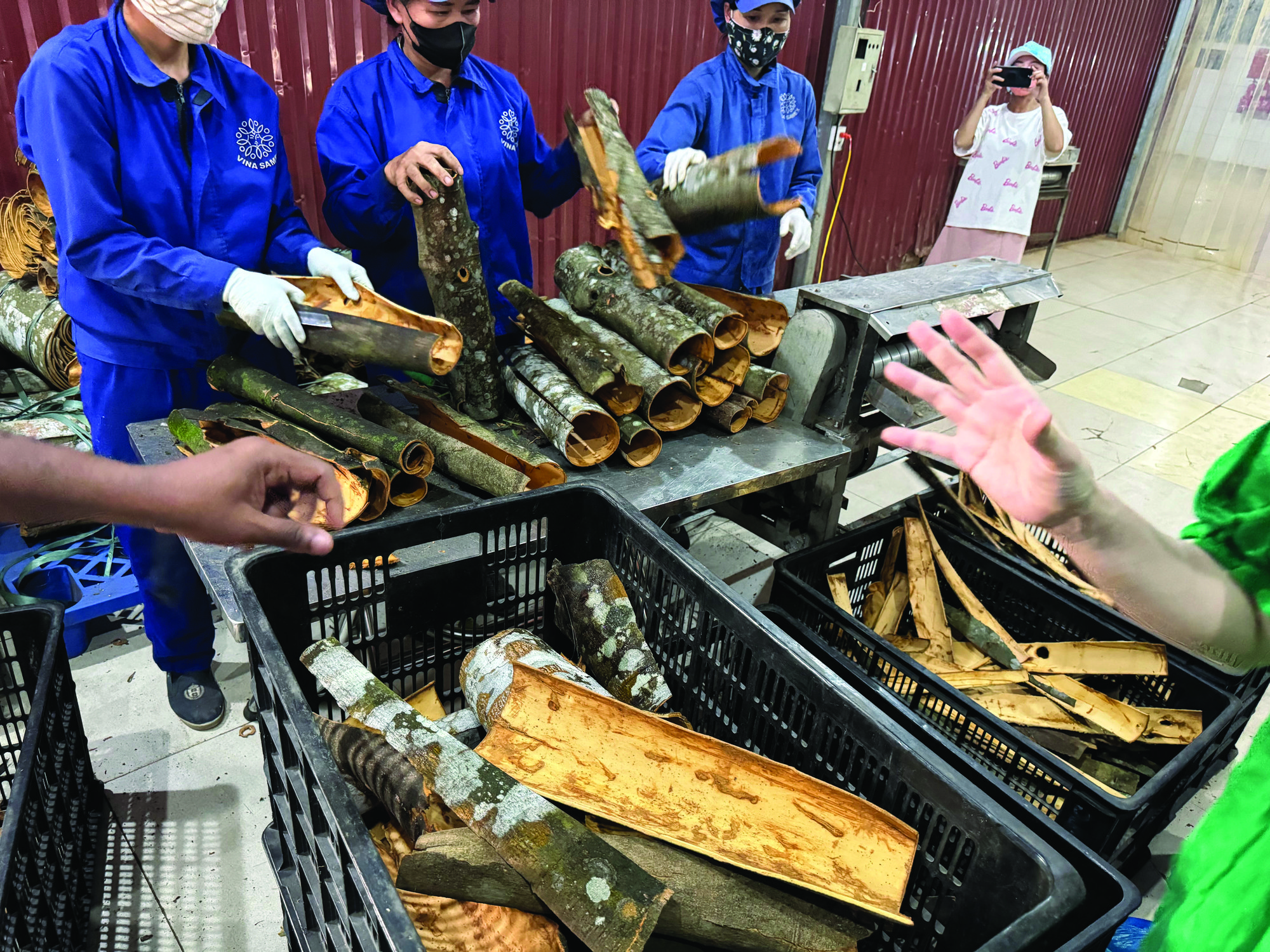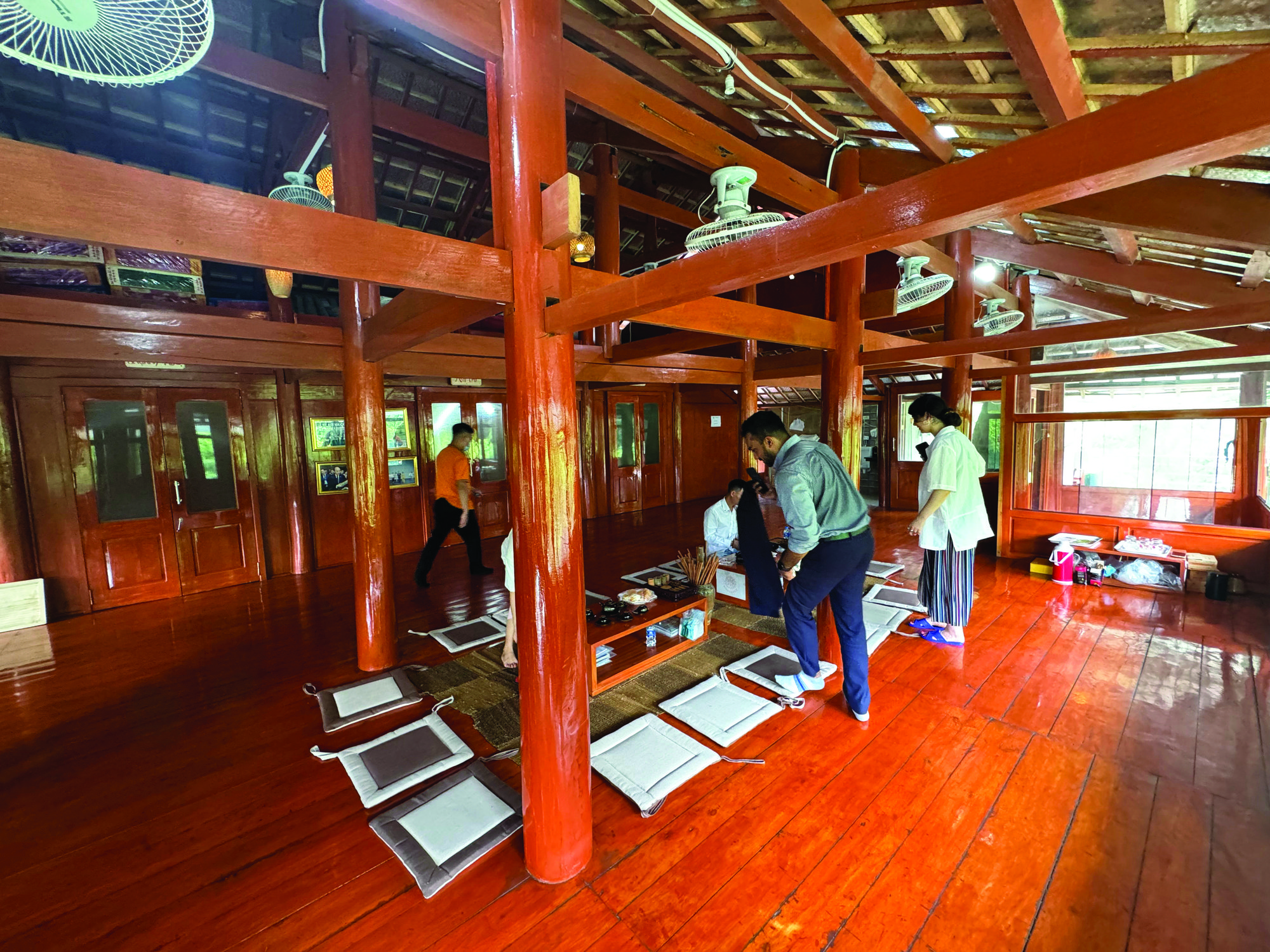WWF-Hong Kong is committed to guide the finance and corporate sectors towards a nature-positive future. Our approach encompasses innovative blended finance strategies, strategic relationship building, and the establishment of industry credibility. We collaborate with key organisations to provide insights on biodiversity and assist in integrating environmental considerations into financial reporting. Our expertise lies in two crucial aspects of environmental finance: “greening finance” and “financing green”.
“Greening finance” involves engaging a wide array of stakeholders including institutional investors, lenders, underwriters, and finance sector influencers across Hong Kong and the broader AsiaPacific region. Our goal is to inspire and empower the industry to seamlessly integrate environmental risks and opportunities into their decision-making processes, fostering a more sustainable financial ecosystem.
Our “financing green” efforts centre on the Bankable Nature Solutions (BNS) initiative. This programme funds commercially viable investments that generate substantial positive environmental and social impacts. Funded by both private companies and public institutions, these investments play a crucial role in bridging funding gaps for projects aligned with the UN Sustainable Development Goals. BNS supports initiatives that not only create sustainable, climate-resilient ecosystems but also ensure financial viability, enabling scalability and replication.
In 2024, we expanded our focus to include development finance and bankable projects through the Dutch Fund for Climate and Development. This strategic move has been met with enthusiasm from Hong Kong’s financial sector, which is showing a growing interest in WWF’s BNS work. Our ongoing discussions with major banks and financial institutions have highlighted a significant regional interest in integrating investment finance with conservation and biodiversity efforts, paving the way for a sustainable and resilient financial future.
WWF-Hong Kong collaborates with the Dutch Fund for Climate and Development (DFCD), a consortium including WWF, FMO, SNV, and Climate Fund Managers (CFM). DFCD sources and prepares climate adaptation projects for investment, facilitating private sector contributions in developing countries.
This year, with renewed funding from the Dutch Ministry of Finance, “DFCD 2” enables WWF-Hong Kong to develop bankable projects over the next four years. Hong Kong acts as the regional hub, focusing on priority landscapes in Vietnam, India, Pakistan, and Indonesia. The initiative now includes new impact themes such as eligibility for developing countries, alignment with national strategies, commercial viability, and climate adaptation, while also considering biodiversity, gender equality/social inclusion, plus food and nutrition security.
In June 2024, WWF-Hong Kong organised a week-long DFCD 2 strategy event in the Mekong Delta with co-coordinators and advisors from various Asian countries and Europe. The event included site visits to projects in the Mekong Delta and focused on DFCD processes, financing, and impact criteria. It adopted a “landscape” approach, identifying potential corporate partners while addressing long-term climate and biodiversity challenges.
The DFCD 2 pipeline already includes diverse projects. In Vietnam, discussions are underway with Vinasamex, which operates cinnamon and spice farms, and STP, a seaweed and oyster farming company. Pakistan hosts three projects: GH2, a circular sustainable organic fertiliser and waste-to-energy company; Garibsons, the largest rice exporter in Pakistan, developing a sustainable rice initiative.

WWF representative introducing project updates in the DFCD 2 strategy event

Site visit to Mekong Delta rice-shrimp farms showcased efforts to create a sustainable, climate-resilient food production model benefiting locals, nature, and businesses


Cinnamon barks being processed in Vinasamex’s factory. Apart from spices, local communities make use of cinnamon wood as building houses and furniture